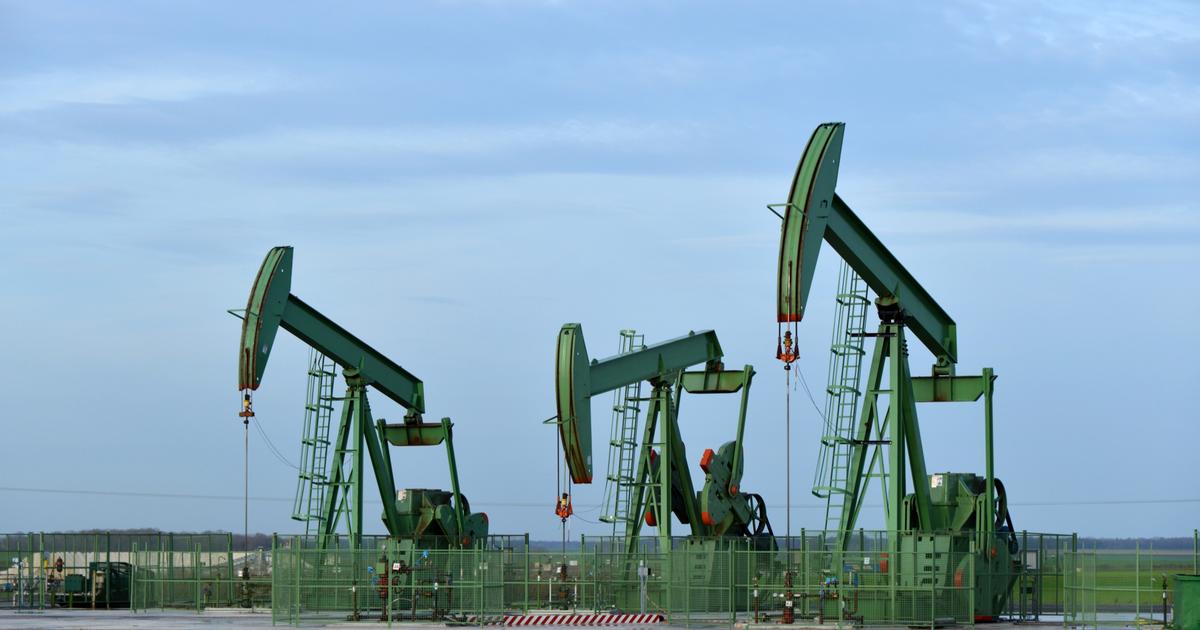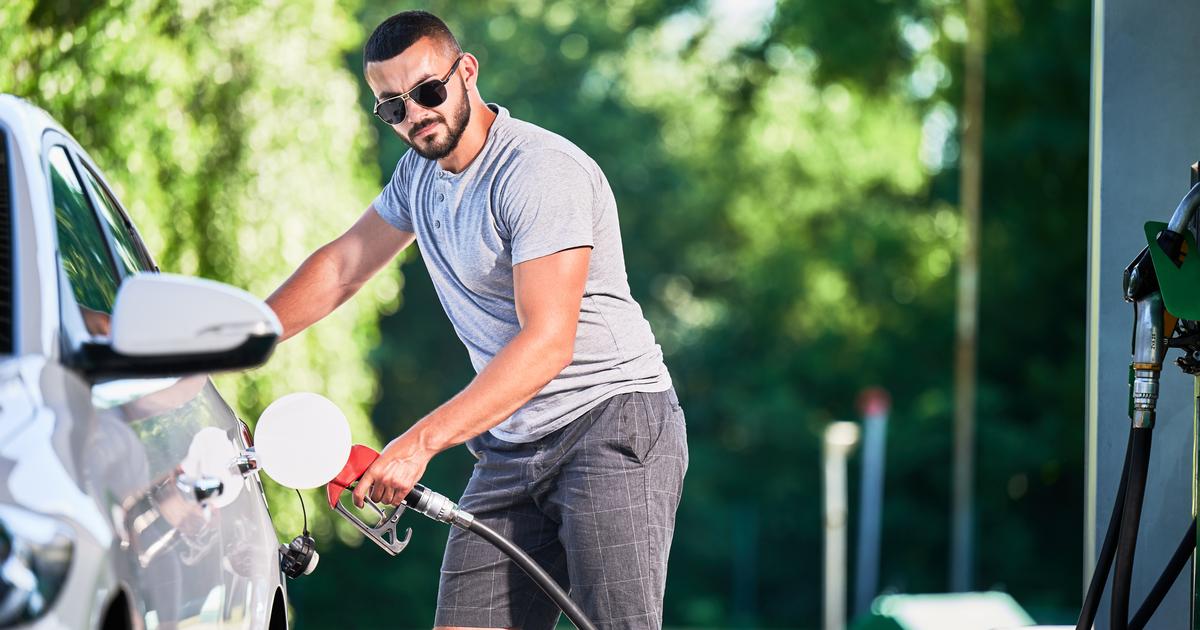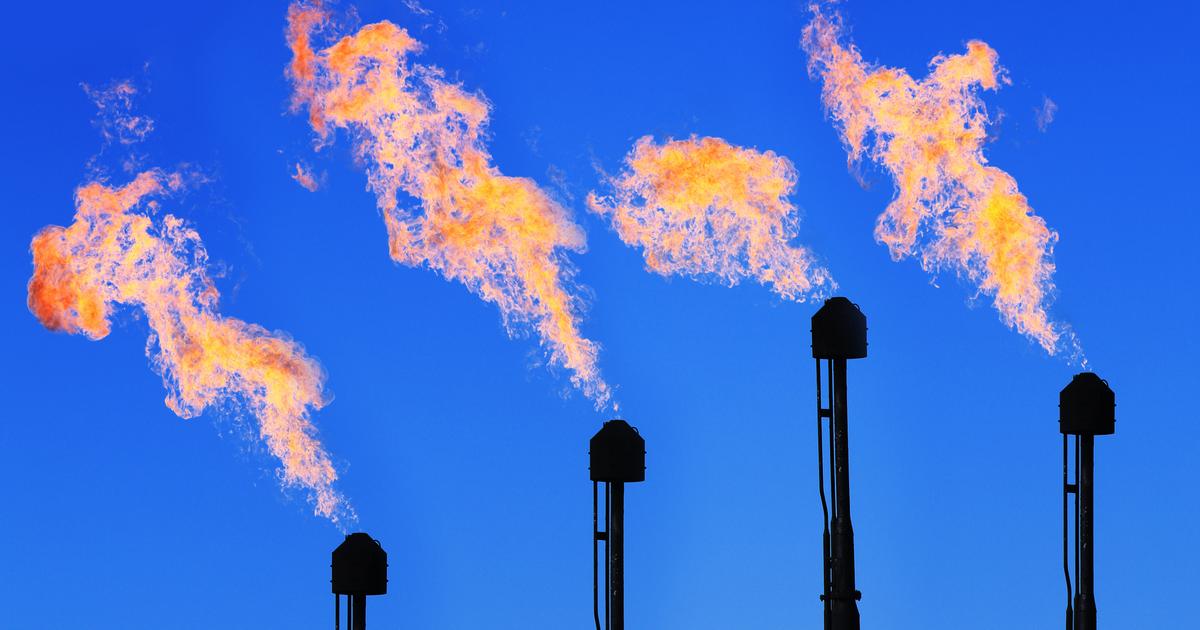The war in Ukraine has highlighted France's dependence on hydrocarbon imports.
Together, oil and natural gas represent just under half of the French energy mix.
France thus consumes approximately 85,000 kilotons of oil and 450 terawatt-hours (TWh PCS) of natural gas each year.
The share of this consumption that the country is able to produce on its own territory is very marginal.
However, hydrocarbon resources do exist in the tricolor soil.
What is the state of French oil and gas resources?
Can we consider increasing the production of hydrocarbons on the national territory?
Le Figaro
takes stock.
To discover
Taxes 2022: all about your tax return
Presidential 2022: find here the result of the first round of the election
Read alsoRussian gas: France and Germany are “preparing” for a potential stoppage of deliveries
Resources exploited since the post-war period
“
There are resources under our feet
says Olivier Appert, mining engineer and member of the Académie des technologies.
France has oil and gas resources that it has exploited since the post-war period.
11% of the territory and 2% of the French EEZ have potential for the exploitation of hydrocarbons, says the Directorate General for Energy and Climate (DGEC), the body of the Ministry of Ecological Transition in charge of policy energy.
Since the 1950s, the state has granted exploitation titles to oil and gas companies.
In total, nearly 4,000 boreholes have been drilled on French soil for the exploration and exploitation of these resources.
Today, 64 oil and gas deposits are still in operation, operated by five different companies.
Since their inception in the post-war period, these hydrocarbon-related activities have been concentrated mainly in the Paris basin and the Aquitaine basin.
Alsace and the departments of Nord and Pas-de-Calais are also home to farms, although fewer in number.
With an annual turnover estimated at 35 billion euros, this sector brings together 64,000 jobs, according to the DGEC.
According to figures from the DGEC, French fields thus produced 816.7 kilotons of crude oil in 2020, which represents approximately 1% of national consumption.
As for natural gas, 0.20 TWh HCV left French operations in the same year, which is equivalent to less than 1% of gas consumption in France.
With its own resources, the country can thus only marginally meet its oil and gas needs, which explains its very strong dependence on Russian deliveries.
Read alsoGas: the IEA proposes 10 measures to quickly reduce the EU's dependence on Russia
Towards the cessation of land use
Could we then increase French production?
The Ministry of Ecological Transition indicates that it does not have an estimate of unexploited oil and gas resources in the territory.
The subsoils of overseas France, hitherto unexploited, could contain resources.
Similarly,
offshore
drilling , which is not practiced in France, could lead to the discovery of new deposits.
"
France has the second largest ZEE in the world, so we can have a chance of finding it
," says Stéphane His, engineer-economist and specialist in energy transition.
In this regard, exploration operations are lacking to estimate the extent of unexploited resources in France.
"
We are relatively blind because geology is an inexact science.
If you want to know what the resources are, you have to drill
,” explains Stéphane His.
However, France adopted in 2017 a law putting an end to the exploration and production of hydrocarbons, known as the “Hulot law”.
This text provides for a ban on issuing new hydrocarbon exploration permits, with the aim of combating climate change.
There has therefore been no new oil and gas exploration permit granted in France since 2017. "
There are resources, but a consensus has been built to do nothing on French soil
", advances Olivier Appert.
“
For environmental reasons, we do not
“, he laments.
Read alsoHydrocarbons law: "other countries will follow suit", hopes Hulot
The Hulot law of 2017 also prohibits the renewal of concessions and provides for the definitive end of gas and oil operations for 2040. Also, production should decrease slowly until this date.
For lack of a future in the oil sector, the Canadian company Vermilion, in charge of a third of French oil production, has been planning since the adoption of the Hulot law to gradually convert to hydrogen production.
“
We have potential for drilling, but we are faced with the Hulot law
,” explains Christelle Dupouy, public relations officer at Vermilion.
“
However, we would like to produce until 2040 and beyond if it is authorized.
she says.
To date, the war in Ukraine and the Kremlin's threats to stop Russian oil and gas deliveries have not caused a change of course in the hydrocarbon exit strategy defined in 2017. "
It all depends on the vision that prime.
There is the argument of energy dependence and the ecological argument,
” summarizes Stéphane His.
According to him, for the government's strategy to be changed, "
we would really have to enter a cycle of great shortage
".
"
There, everything would become possible...
", he concludes.








